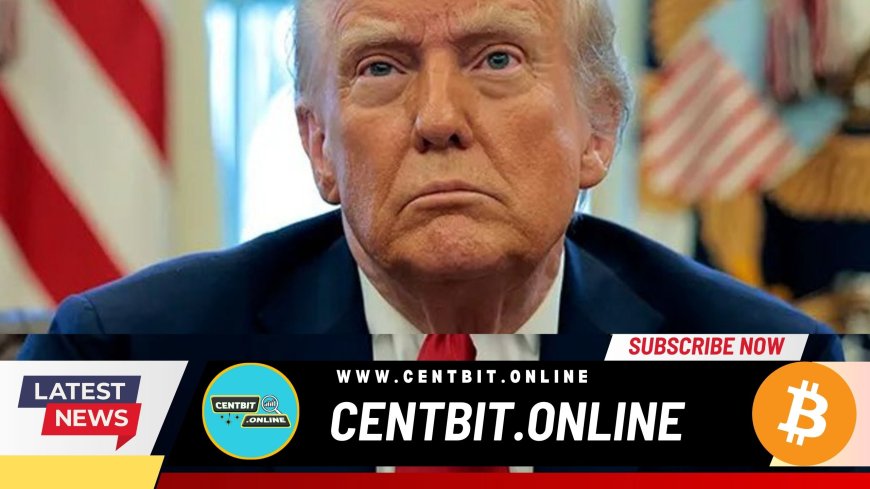White House: Tariff Deals Must Benefit U.S. Workers and Reduce Trade Deficits
The White House has stated that any deals to reduce tariffs will only proceed if they clearly benefit American workers and help lower the U.S. trade deficit. This stance reinforces the administration’s commitment to prioritizing domestic economic interests in all trade negotiations.

The White House has made it clear that any future international trade agreements aimed at reducing tariffs will only be approved if they align with the interests of American workers and contribute to lowering the country’s trade deficits. This statement underscores the Biden administration’s continued focus on “economic patriotism” and its commitment to rebalancing trade relationships.
Tariff Reductions Not Guaranteed
In a recent press briefing, White House officials emphasized that while the U.S. remains open to negotiating with global partners, tariff relief is not automatic. Each deal will be scrutinized through the lens of job creation, fair wages, and the overall economic impact on domestic industries.
"The era of one-sided deals is over. Any agreement to reduce tariffs must support American labor and address trade imbalances that have disadvantaged our industries for decades," a senior White House economic adviser stated.
Strategic Trade Recalibration
This policy direction signals a strategic recalibration in trade. The administration is focused on securing deals that prevent offshoring, encourage domestic manufacturing, and reinforce the nation’s supply chains—especially in sectors like semiconductors, green energy, and critical materials.
The statement comes amid ongoing negotiations with countries like Vietnam, Canada, and the European Union, where tariff and trade-related discussions are intensifying. Some analysts view this approach as a continuation of former President Trump’s “America First” trade doctrine, albeit with a different tone.
Crypto Market Implications
For the crypto and blockchain sectors, such protectionist policies may further push interest toward decentralized finance (DeFi) ecosystems. Trade restrictions and inflationary pressures could lead to growing demand for borderless, inflation-hedging assets like Bitcoin and stablecoins.
Global uncertainty often correlates with increased crypto adoption, especially in developing nations and among investors seeking alternatives to fiat-based trade disruptions.
Conclusion
The White House's stance on tariff deals reflects a firm commitment to prioritizing domestic economic health. As the U.S. navigates complex global trade negotiations, any shift in policy could ripple across both traditional and digital financial markets. The message is clear: only win-win deals—those that boost American workers and reduce trade deficits—will make it to the finish line.
What's Your Reaction?





















